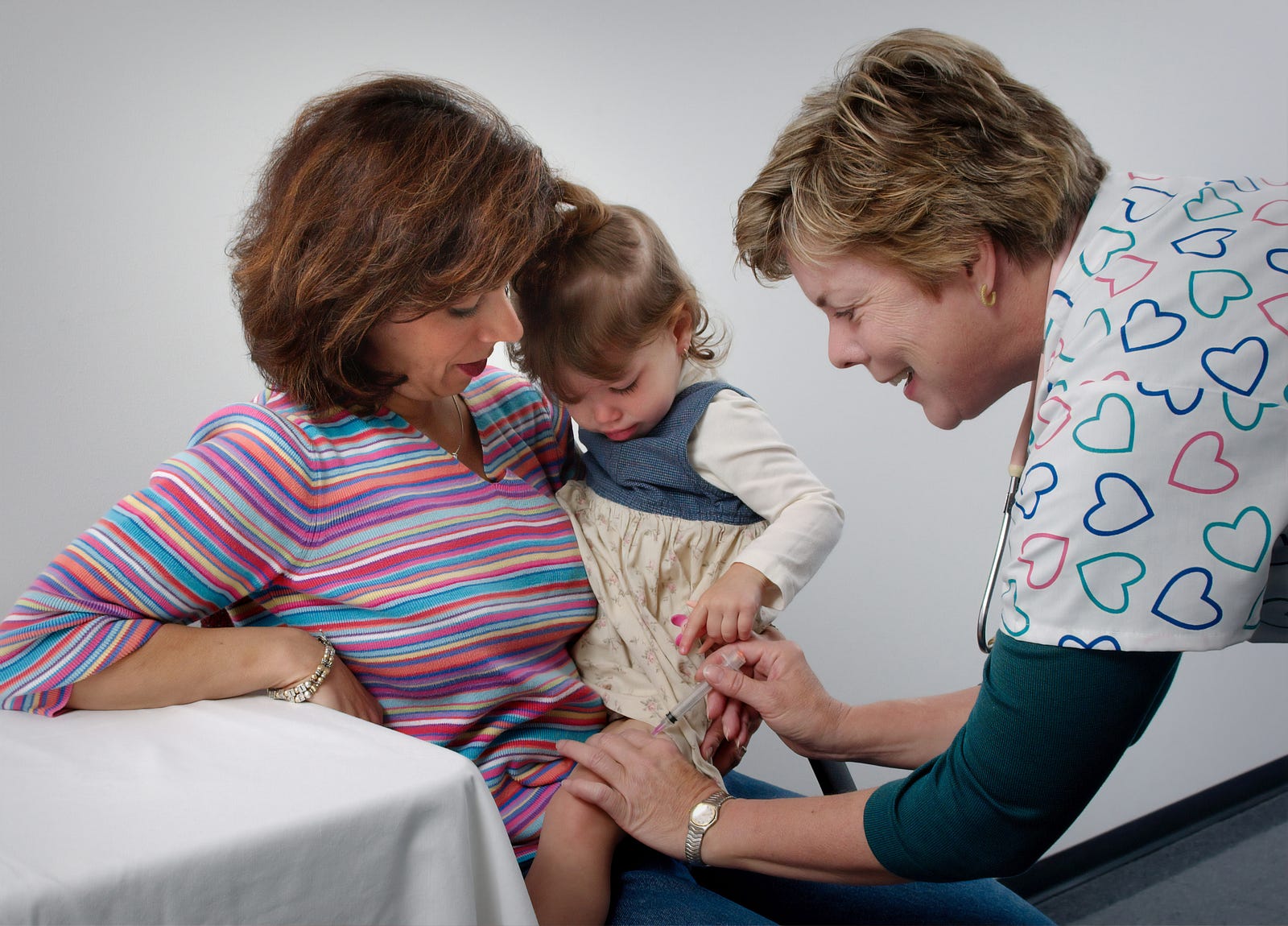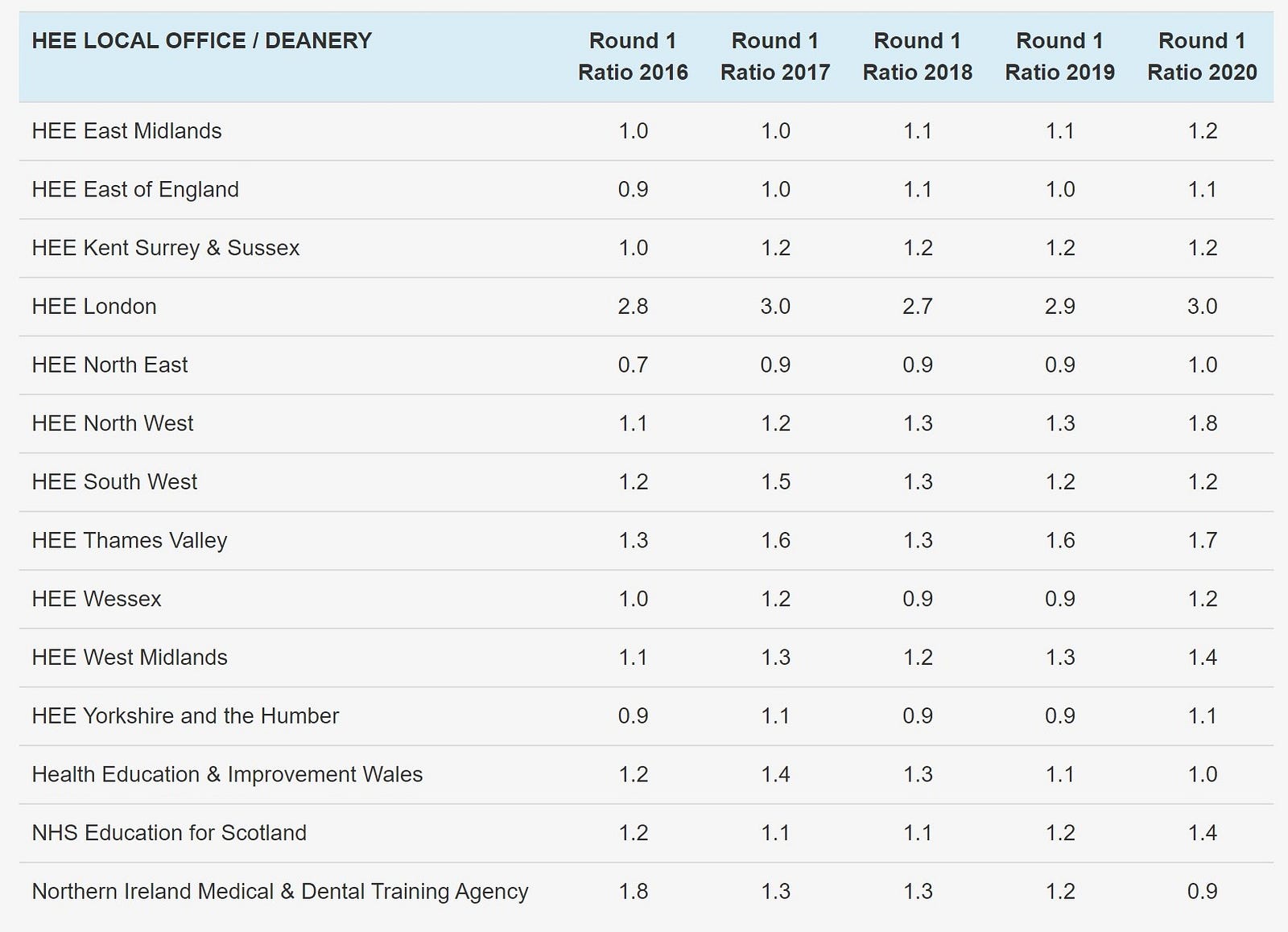General Practice (GP) Training in the U.K.
General Practice ( GP ) is a very popular training pathway in the U.K. amongst IMGs. Let’s talk about what makes it so lucrative.

How to become a GP?
To become an independent General Practitioner in the UK, you must undertake at least three years of GP Specialty Training (GPST).
What does the training consist of?
GP training includes 18 months in a general practice surgery and further 18 months in hospital posts ( 12 months in hospital posts in Wales ).
During all your placements you will complete workplace-based assessments (WBA) which include Mini-CEXs, DOPS, CBDs, etc.
You will have to pass the :
1.Applied Knowledge Test (AKT) in the 2nd year of GP training
2.Clinical Skills Assessment (CSA) in the 3rd year of GP training
After successful completion of these, you will be offered a Certificate of Completion of Training (CCT) along with membership of the Royal College of General practitioners (MRCGP). This means that you can finally practice as a General Practitioner in the U.K.

Pros of GP training
1. Less competition
Competition ratios are quite less for GP training posts as compared to other specialties like Surgery or Radiology.

2. Short duration of training
The duration of training is 3 years. This is very less in comparison to other specialties like Surgery or Internal medicine where you have to train for 5–10 years to become a consultant.
3. Ability to choose working hours
After becoming a GP, you can choose whether you want to work part-time as a locum/ out-of-hours GP or as a salaried GP.
This gives a huge advantage in terms of work-life balance.
4. Ability to choose your work and take additional responsibilities
The flexibility of GP allows you to work in different settings. You can become a touring doctor with a sports team or can become a cosmetic practitioner in a big city. You can be a ship doctor or become an academician/writer. The possibilities are endless.
5. Earning potential
If you own a private GP surgery, you own a business. The ability to gain profits depends on your abilities then.
6. Freedom to move to other countries
MRCGP is valid in countries like Australia, Canada, and in the middle east. You get the freedom to move countries after GP training.
Cons of GP training
1. Limited resources in GP settings
Unlike hospitals, you cannot investigate your patients completely. This can make decision-making challenging.
2. Work overload in bigger cities
GPs are overburdened in bigger cities due to the limited number of general practitioners serving a bigger population. Short staffing due to less number of trained GPs impacts the work-life balance in some locations.
3. MRCGP not recognized in the home country
This can be an issue for IMGs from India/ Pakistan where there is no concept of GP training in their country.

How to get a GP training post?
To get into the GP training pathway, you need either completion of the foundation competencies certificate or get a CREST form signed ( this is the most common pathway for IMGs).
Where to apply for a GP training post?
There are three rounds of GP training and you can apply in any of these. (Note that the seats gradually decrease with each round)
- Round 1 (usually open in October)
- Round 1 re-advert (usually open in February)
- Round 2 (usually open in July)
Applications
All applications are made through Oriel. You need to find the training post and submit your application along with the CREST form. In the application, you are asked to rank your preferences of locations where you want to train from.
MSRA
After submission and document check, you are called to appear for MSRA ( Multi-speciality recruitment assessment). This is a multiple-choice questions exam that consists of professional dilemma questions and clinical questions. High scorers in the exam ( top 10%) get direct offers to GP training.
GP ST Selection Centre/ Stage 3 assessment
Others need to go through the last step of the assessment i.e. GP ST Selection Centre/ Stage 3 assessment. This consists of simulated consultation with a patient/relative/colleague and a written prioritization exercise.
Your scores in this will decide whether you will get a post or not and what preferences will you be able to choose according to the local competition.

Comments
Post a Comment